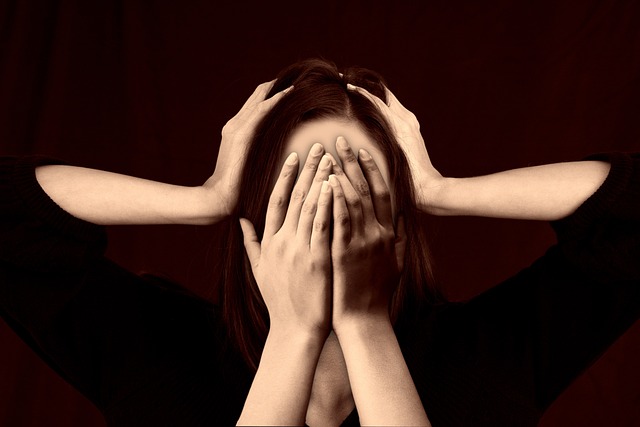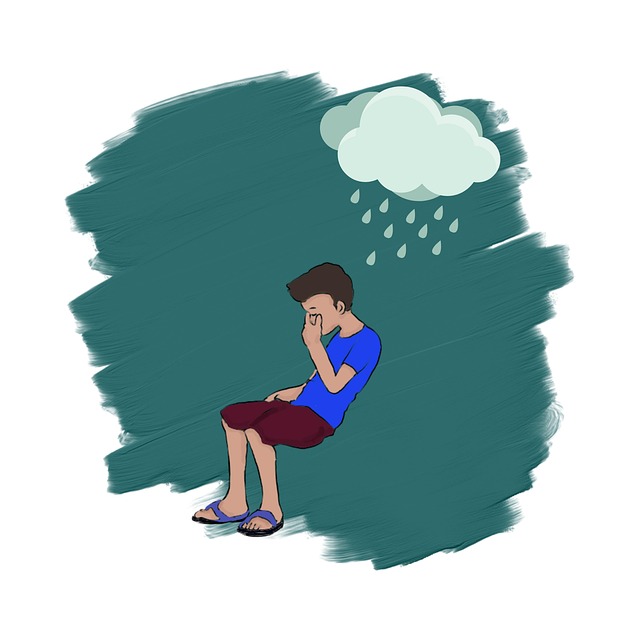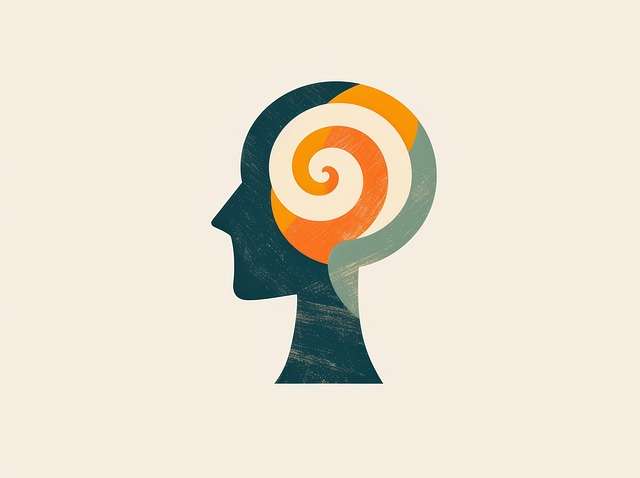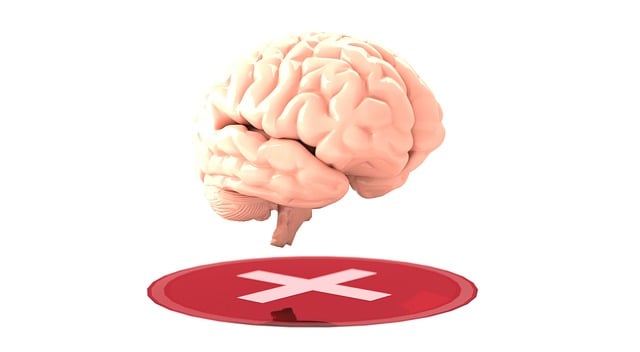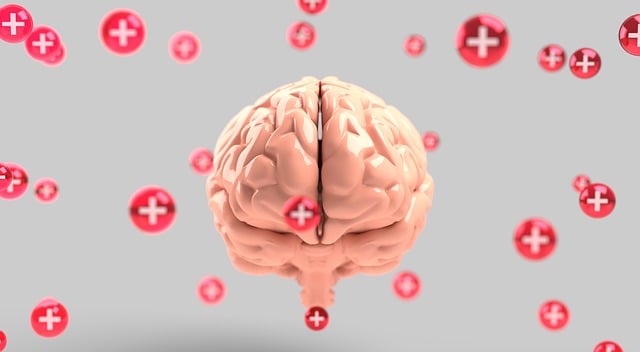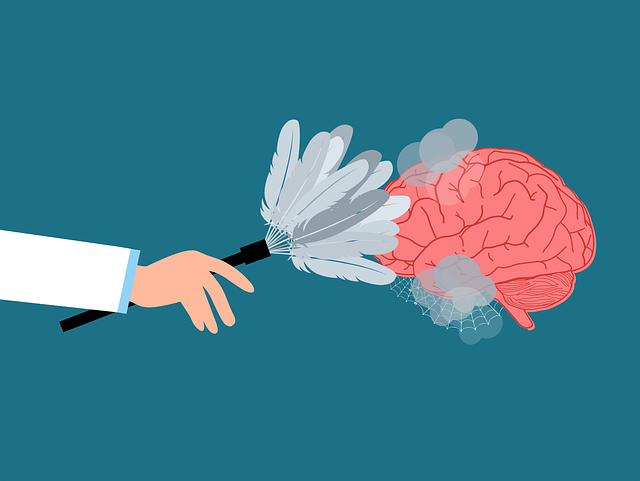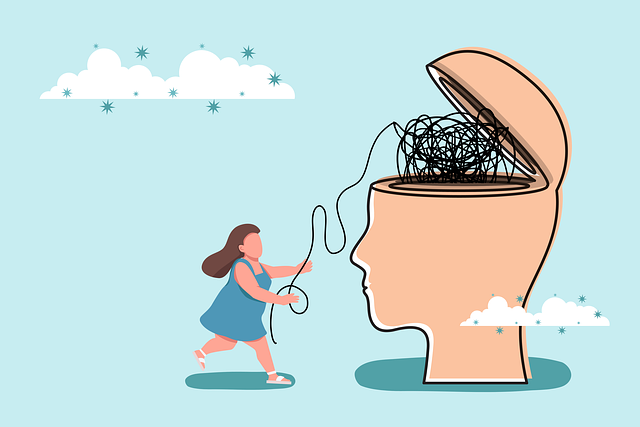Media representation of mental illness significantly impacts public perception and support-seeking behaviors, leading to calls for authentic, diverse portrayals. "Aurora Polyamorous and Open Relationships Therapy" offers a novel perspective, challenging stereotypes by normalizing non-monogamous dynamics and providing tailored conflict resolution strategies. Collaborating with mental health professionals like Aurora experts is crucial to developing nuanced narratives that reduce stigma, foster empathy, and encourage support systems for all individuals navigating mental health challenges.
Mental illness representation in media has long been a topic of debate, with many portrayals falling short of accuracy and sensitivity. This article delves into the current state of affairs, focusing on the unique perspective of Aurora Polyamorous and Open Relationships Therapy. By exploring its impact, we uncover the challenges faced by those with mental health struggles, especially in diverse relationships. We propose solutions to promote more authentic and empathetic depictions in media, fostering a better understanding of mental illness among audiences.
- Understanding Mental Illness Representation in Media: The Current Scenario
- Exploring the Impact of Aurora Polyamorous and Open Relationships Therapy
- Proposing Solutions for More Accurate and Sensitive Portrayals in Media
Understanding Mental Illness Representation in Media: The Current Scenario

In recent years, there has been a growing recognition of the importance of accurate and diverse representation of mental illness in media. However, the current scenario often falls short of this ideal. Media platforms, including film, television, and online content, have historically perpetuated stereotypes and offered limited, one-dimensional portrayals of individuals dealing with mental health challenges. This misrepresentation not only affects public understanding but also influences how those struggling seek help and cope with their conditions. For instance, the depiction of mental illness as solely dramatic or as a result of poor life choices oversimplifies complex disorders, hindering efforts towards Mental Health Awareness and Coping Skills Development.
The need for more nuanced representation is evident, especially when exploring diverse relationships and lifestyles like those in Aurora Polyamorous and Open Relationships Therapy. Media has the power to shape societal perceptions, and accurate portrayals can foster empathy and reduce stigma. By presenting a spectrum of experiences, from overcoming challenges to thriving with support, media platforms can contribute to Mental Wellness Coaching Programs Development and encourage individuals to seek appropriate help without fear of judgment. A balanced representation is crucial in ensuring that those affected by mental illness feel seen, understood, and supported.
Exploring the Impact of Aurora Polyamorous and Open Relationships Therapy

The representation of mental illness in media has long been a topic of debate, with many advocating for more accurate and diverse portrayals. One such example is Aurora Polyamorous and Open Relationships Therapy, which challenges conventional narrative structures and offers a unique perspective on addressing mental health concerns within non-monogamous relationships. This therapeutic approach not only promotes mental health awareness but also contributes to stigma reduction efforts by normalizing alternative relationship dynamics.
By exploring these diverse relationships, the media can help viewers understand that mental illness affects individuals across various lifestyles and identities. Moreover, Aurora Polyamorous and Open Relationships Therapy introduces effective conflict resolution techniques tailored to non-traditional partnerships, demonstrating that support systems and healthy communication are integral to managing mental health challenges, regardless of relationship status or orientation.
Proposing Solutions for More Accurate and Sensitive Portrayals in Media

To address the challenge of mental illness representation in media and foster more accurate and sensitive portrayals, several proactive solutions can be implemented. One crucial approach involves collaborating with mental health professionals to ensure stories are developed with authenticity and empathy. This includes consulting therapists like Aurora Polyamorous and Open Relationships Therapy experts who can provide insights into specific conditions and relationships dynamic. By integrating these perspectives, media creators can move away from simplistic or stereotypical representations, instead crafting narratives that reflect the complexity of mental health experiences.
Additionally, promoting diverse storytelling voices is essential for reducing the stigma associated with mental illness. Highlighting characters with well-rounded personalities and unique journeys can humanize conditions that are often misunderstood. Encouraging self-esteem improvement and emotional regulation techniques within these stories can also empower viewers, fostering a sense of hope and connection. Such efforts collectively contribute to a more nuanced media landscape where mental illness is portrayed with the sensitivity it deserves.
In navigating the current landscape of mental illness representation in media, it’s evident that we need more nuanced and accurate portrayals. The discussion has highlighted the positive impact of initiatives like Aurora Polyamorous and Open Relationships Therapy, demonstrating the importance of diverse perspectives. To move forward, media creators must prioritize sensitivity, consultation with experts, and real-life stories to foster understanding and reduce stigma. By challenging conventional narratives, we can create a more inclusive and empathetic society, reflecting the complexity of human experiences, including mental health journeys.
